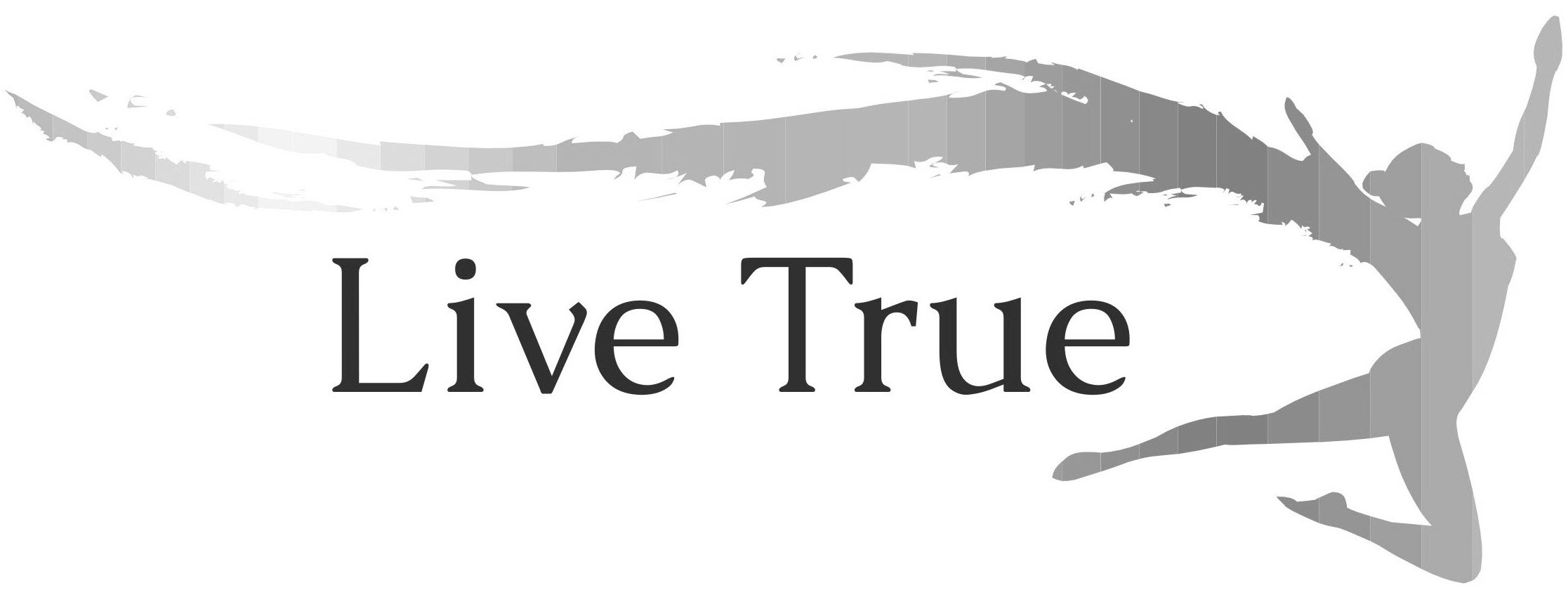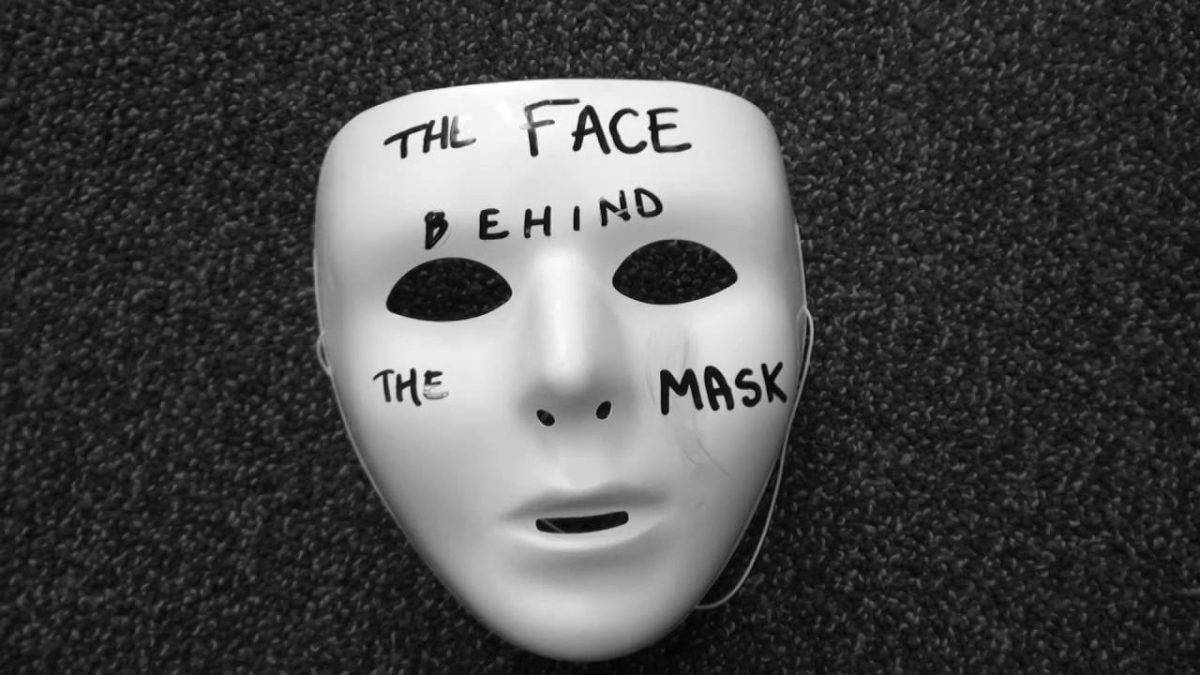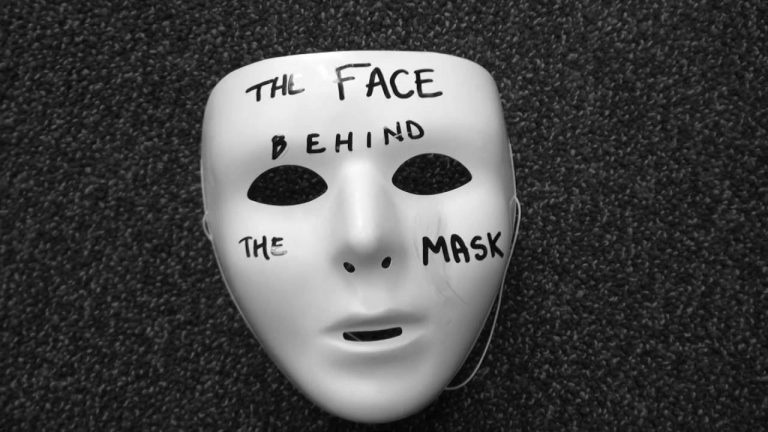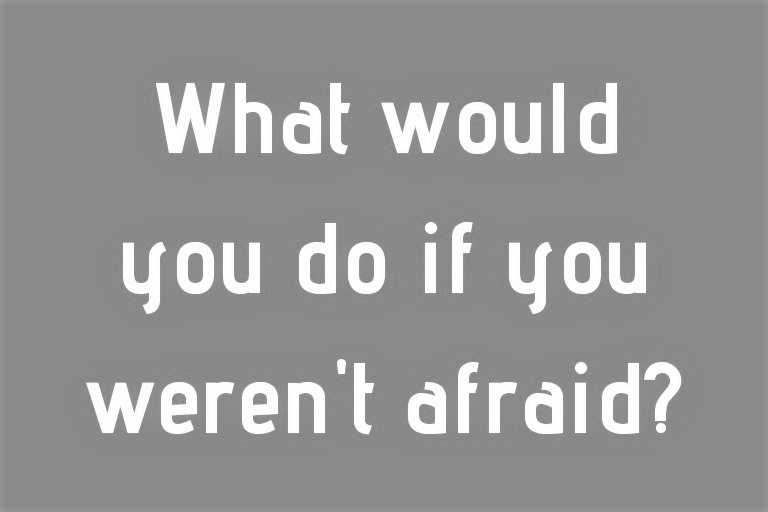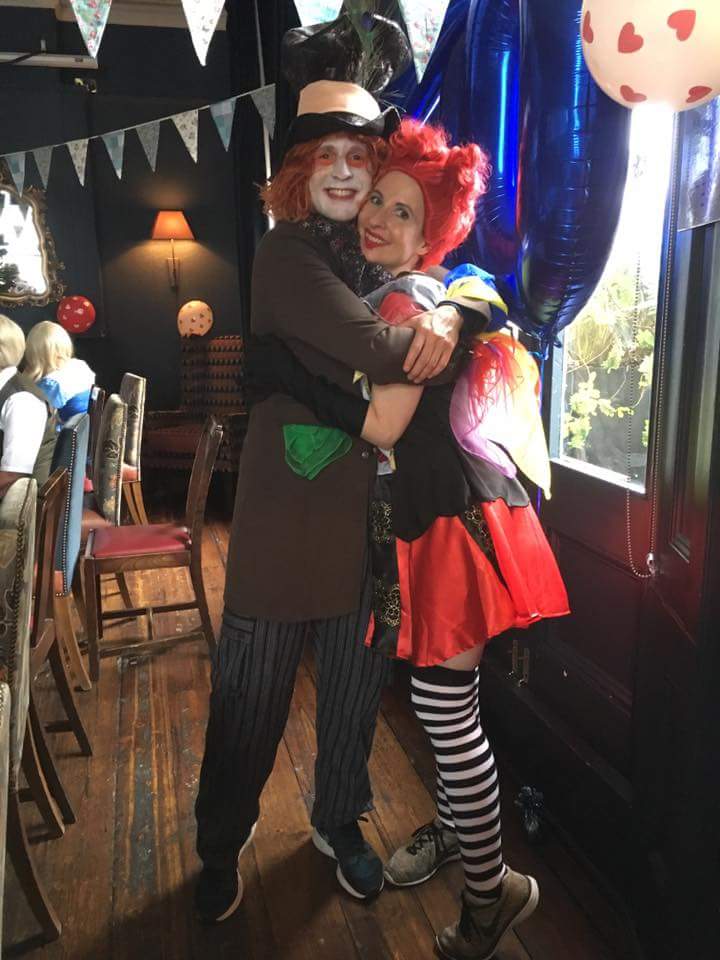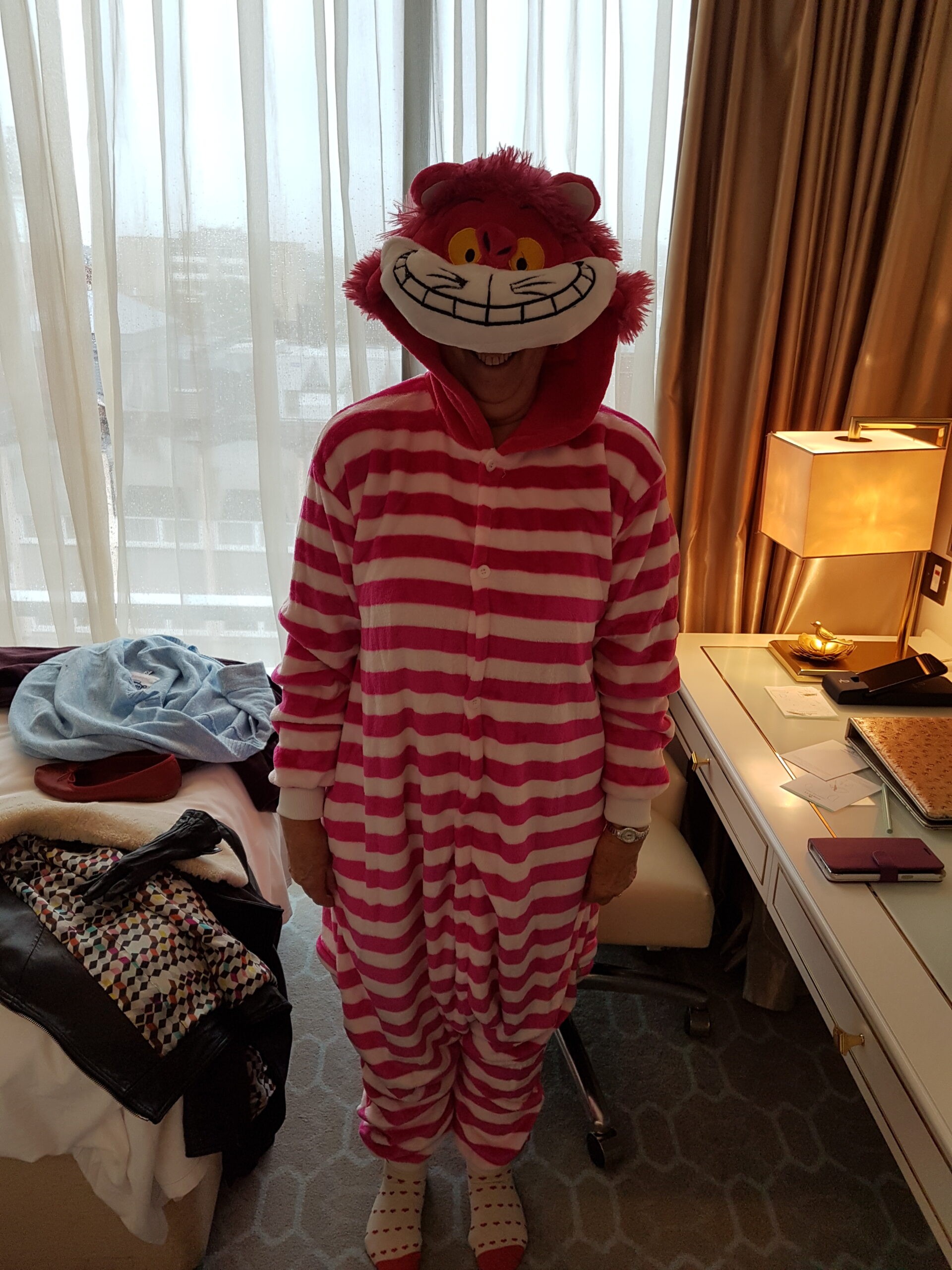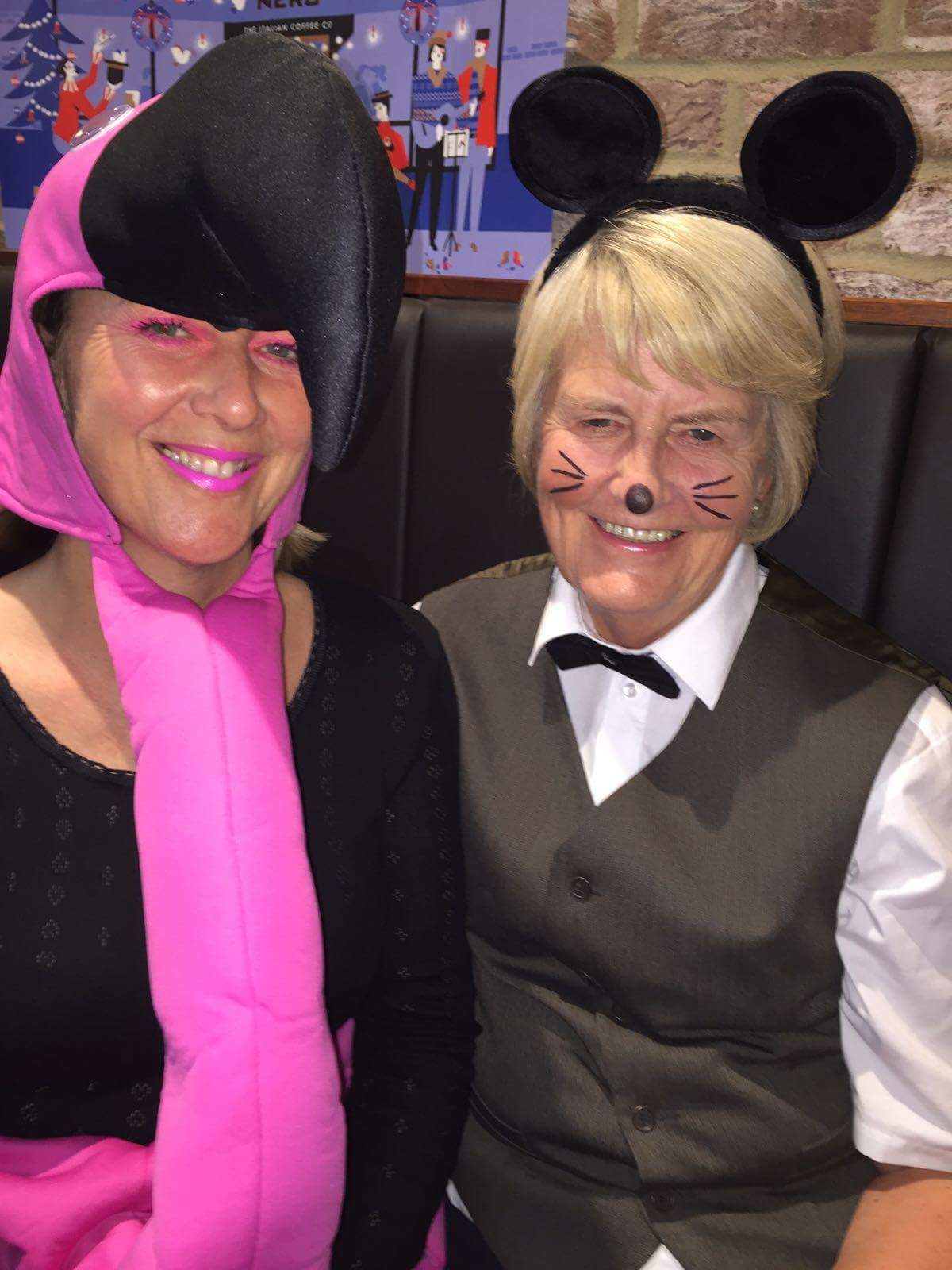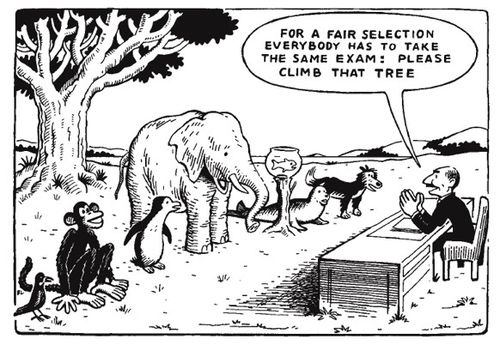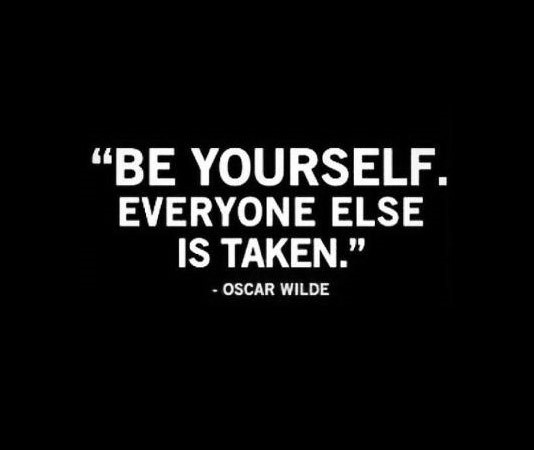How to identify what you are passionate about

A few years ago I was struggling.
The idea of staying in the same career forever was about as appealing as a routine colonoscopy, but I had absolutely no clue what I might do instead.
I kept waiting for that Eureka! moment where I’d suddenly see my life’s purpose in glorious technicolour, but it’s stubborn refusal to appear meant I kept crawling back to Plan A.
Stop complaining, get back to the real world and get on with it.
Why didn’t I know what I was passionate about so that I could forge a new path?
Why was it that every time I sat down to think about alternative options, I couldn’t pinpoint what would actually make me happy?
Instead all I could think about were the realistic parameters surrounding any choice I might make, which basically told me I was dreaming when it came to making a feel-good change.
But why?
Well, there are three reasons we typically struggle to identify and pursue our dreams.
The first is that well-used term, “The Real World”.
Many of us at some stage in our early or teenage lives hear repeated, heavy-duty messages about growing up.
We are taught that being an adult requires a serious approach and a realistic filter.
We come to understand that these two things are the key to building and maintaining security.
There’s no room for child’s play so we pack up our passions, put them in a metaphorical box and consign them to the shelf at the back of our mind because it’s time to live in the real world now.
We learn that our passions are unsuited to our adult work lives and so we leave them behind.
The second reason has to do with Permission.
Whether related to the messages we’ve grown up with or our own internal dialogue, or both, many of us don’t believe we have the right to indulge in what makes us happy.
Who am I to think I can have it all?
What makes me so special?
What have I ever done to earn the right?
Self-doubt and a lack of self-esteem can often remove the permission-slip for actively seeking anything we might find fun, interesting or engaging.
The third reason relates to Judgement.
A healthy dose of fear about what others will think and how they will judge us is a great deterrent for humouring and acting on our passions.
How will I be perceived?
What will people say?
What if people think I’m irresponsible, frivolous, indulgent, selfish, unrealistic, crazy or weird?
Thoughts of this nature are a sure-fire way to keep us separated from the things that deliver the feel-good factor.
For me, it was a mix of one and three.
I’d consigned my passions to the annals of my childhood and I thought I couldn’t possibly ditch a sensible 16-year career that was killing me for something else. That would be financially reckless and people would think I’d lost the plot.
Now if any of these explanations resonate with you, I have some good news.
You can absolutely re-connect with your passions and rediscover the things that make you happy so you can plan a career and life around them.
Thank heavens for that!
It might involve ditching a few unhelpful layers of conditioning, reconnecting with your younger self to identify unexplored ideas, or starting small and noticing the tiny things that light you up.
If you’re up for a bit of passion spotting, check out this super quick video which explains an exercise called The Happy Box to get you started.
It’s a really simple system for drawing out the things that feel good, motivate and interest you, so see what you learn from it.
P.S. The Happy Box exercise gives you a flavour of the types of exercises that make up my Work Wonderland career coaching course and web application.
If you’d like to identify your ideal career in the context of your ideal life and action it, take a look and see how it works.
Recent Posts

City life to Rural Wales. A couple’s career and life change story
Major Life Change is Possible Do you dream of living a different kind of life, and doing work that incites joy and passion, but think

Making Feel-Good Changes. Philosophies on Luck and Risk
Happiness Propelled by Provocative Philosophies Do you ever wonder how to find the courage and resilience to make big work and life-affirming changes, when those

From Daily Fatigue To Energised Joy. My Career Change Saved My Health
Live your purpose and BE HAPPY Do you ever feel like your list of criteria for an ideal career and lifestyle might be far-fetched or
